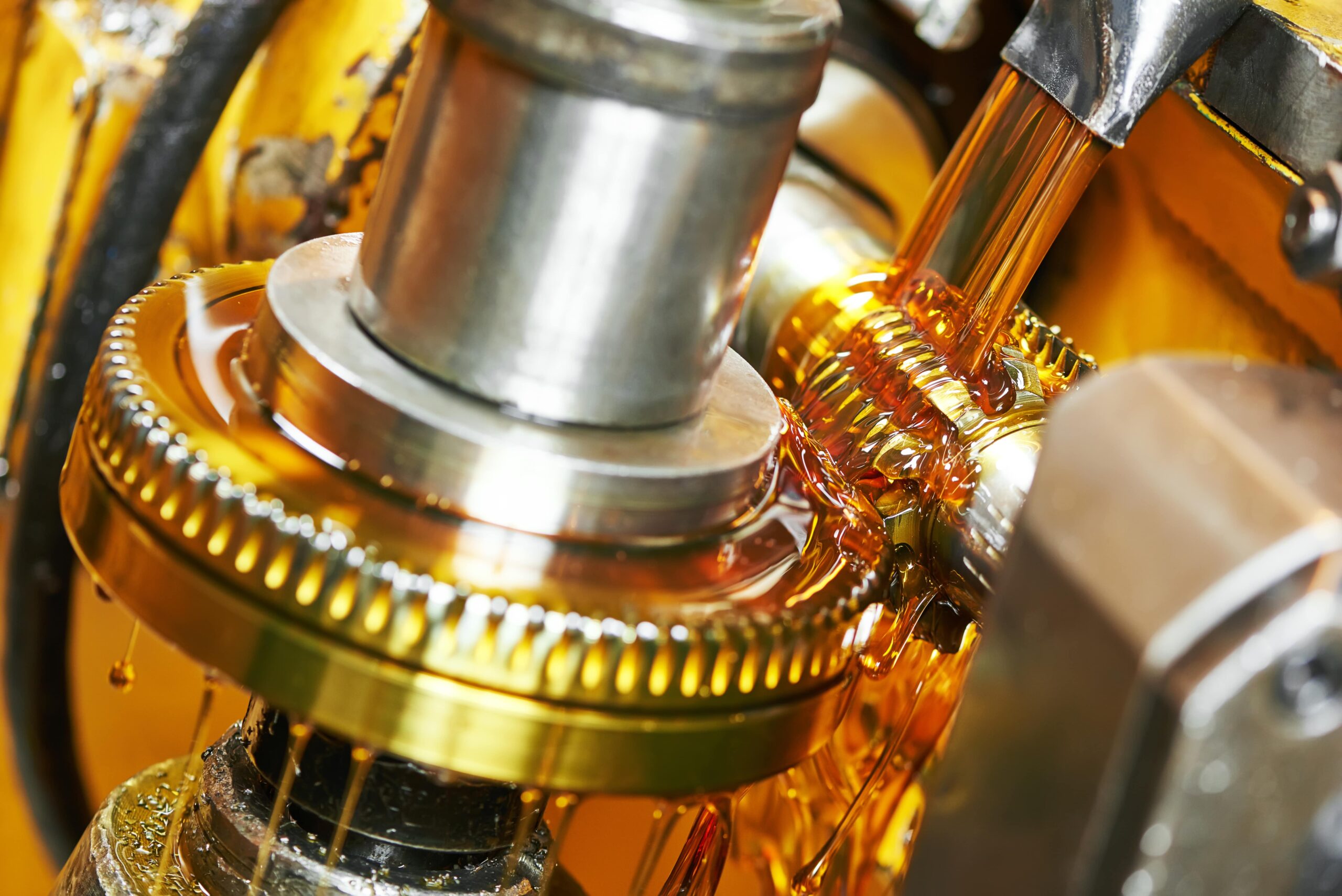5 Signs You Need to Change Hydraulic Oil in Your Machinery

Hydraulic oil is the lifeblood of many machines, enabling smooth operation and reliable performance in everything from construction equipment to industrial machinery. However, like all fluids, Hydraulic Oil degrades over time and use, risking damage to your costly equipment if not replaced promptly. For business owners and operators, understanding when to change hydraulic oil is crucial to maintain machinery efficiency, prevent breakdowns, and extend equipment life.
In this article, we will explore the five clear signs that indicate your hydraulic oil needs changing. Recognizing these signs early allows you to take timely action, avoid costly downtime, and ensure your machinery operates at peak performance. EVISCO is dedicated to providing insightful guidance on hydraulic oil maintenance, helping you protect your investments with expert advice.
What is Hydraulic Oil and Why Does It Matter?
Hydraulic oil is a specially formulated fluid that transmits power within hydraulic machinery. It lubricates moving parts, prevents corrosion, transfers energy, and helps dissipate heat. Over time, contaminants, moisture, and wear particles accumulate in the oil, reducing its effectiveness. Degraded hydraulic oil leads to inefficient machinery, increased wear, and the potential for expensive repairs.
Regular inspection and timely replacement of hydraulic oil are fundamental aspects of preventive maintenance. Knowing the signs of hydraulic oil deterioration ensures your machinery stays reliable and productive.
1. Changes in Hydraulic Oil Color and Appearance
One of the most obvious indicators that hydraulic oil needs changing is a noticeable change in its color and clarity. Fresh hydraulic oil typically has a clear amber or light golden hue. When the oil starts to darken significantly or turns black, it signals contamination from dirt, metal particles, or oxidation.
Additionally, if the oil looks cloudy or milky, this often indicates moisture contamination. Water in hydraulic oil compromises its lubrication properties, leading to increased wear and corrosion inside the machinery. Checking the oil visually during routine maintenance can quickly reveal if it has deteriorated beyond acceptable limits.
2. Reduced Machinery Performance and Responsiveness
Hydraulic oil plays a vital role in smooth machine operation by enabling precise control of hydraulic cylinders, valves, and motors. When hydraulic oil ages and loses its lubricating properties, you may notice sluggish or jerky machine movements.
If your machinery starts responding slower than usual or exhibits erratic behavior such as stalling or uneven operation, poor hydraulic oil condition could be the culprit. Contaminated or degraded oil causes increased friction and inconsistent pressure transmission, directly impacting machine performance.
3. Increased Operating Temperatures
Hydraulic systems generate heat during operation, which the hydraulic oil helps absorb and dissipate. When hydraulic oil degrades or becomes contaminated, its ability to cool the system diminishes.
If your equipment is running hotter than normal or overheating frequently, this can be a sign that the hydraulic oil has lost its effectiveness. Overheated hydraulic oil accelerates wear on seals and components, ultimately risking system failure.
Monitoring operating temperatures and correlating unusual heat levels with hydraulic oil condition is an important maintenance practice for machinery longevity.
4. Presence of Contaminants and Particles in the Oil
Hydraulic oil contaminated with dirt, metal shavings, or other particles can severely damage internal components. Such contamination often results from seal leaks, environmental exposure, or component wear.
If you detect metallic particles or sediment when draining or testing the hydraulic oil, it is a clear signal that the oil needs to be changed. These particles increase abrasion and reduce the oil’s protective qualities.
Regular oil analysis and filtration system checks help identify contamination early. When contamination levels rise beyond safe thresholds, replacing the hydraulic oil is essential to protect your machinery.
5. Unusual Noises or Vibrations in Hydraulic Systems
Hydraulic machinery typically operates with consistent sounds and smooth motion. When the hydraulic oil is compromised, you may hear unusual noises such as knocking, whining, or grinding from pumps or motors.
These abnormal sounds arise because degraded oil cannot lubricate moving parts effectively, causing increased friction and wear. Similarly, vibrations that were not present before can indicate hydraulic oil issues.
If you experience new or worsening noises and vibrations, it is wise to inspect the hydraulic oil condition. Replacing old or contaminated hydraulic oil often resolves these symptoms and restores normal operation.
How Often Should You Change Hydraulic Oil?
While the five signs above indicate urgent need for oil change, regular scheduled maintenance is equally important. Hydraulic oil change intervals vary depending on machine type, usage intensity, and operating environment.
Most manufacturers recommend oil changes every 1,000 to 2,000 operating hours, but this can vary. Routine oil sampling and analysis provide precise insights into oil health and help determine the ideal change intervals for your equipment.
By combining regular monitoring with prompt response to warning signs, you ensure maximum machinery reliability and performance.
Why Choose Quality Hydraulic Oil for Replacement?
When changing hydraulic oil, selecting the right quality and specification is vital. High-grade hydraulic oil protects against wear, resists oxidation, and withstands temperature extremes.
At EVISCO, we recommend using hydraulic oil that meets or exceeds the original equipment manufacturer’s (OEM) specifications. Investing in premium hydraulic oil pays off by reducing maintenance frequency, lowering operating costs, and extending machine life.
Conclusion: Proactive Hydraulic Oil Maintenance Protects Your Machinery
Understanding the signs that hydraulic oil needs to be changed is essential for any machinery operator or maintenance professional. Changes in oil color, reduced machine performance, increased operating temperatures, presence of contaminants, and unusual noises all signal the need for immediate oil replacement.
Regular monitoring and timely hydraulic oil changes prevent costly breakdowns and ensure your equipment delivers optimal efficiency and longevity. Trust EVISCO’s expertise to guide your hydraulic oil maintenance practices, helping you safeguard your investment and avoid downtime.
Stay vigilant and proactive with your hydraulic oil care. Your machinery—and your bottom line—will thank you.